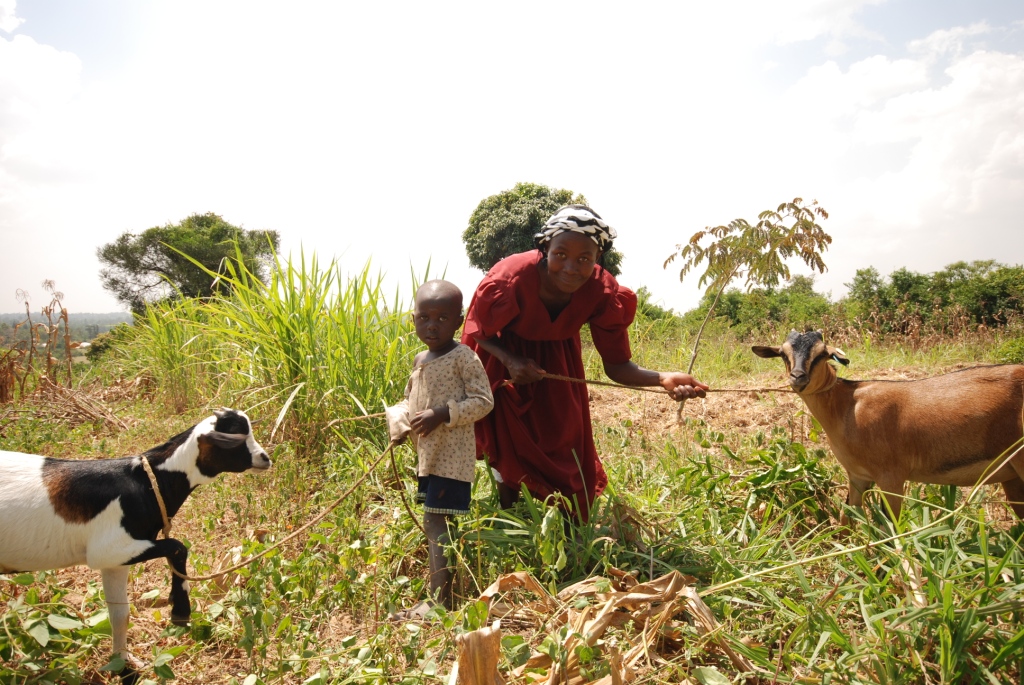
A substantial portion of the population in developing Commonwealth countries depend on agriculture for food and livelihood security. However, the agricultural sectors in most of these countries have continued to record a steady decline.
One of the major reasons is the inadequate human resource development. Many countries still follow the conventional one-way extension model, which demands a greater infrastructure and resource base than what most developing countries can afford. The situation is aggravated by the disproportionate ratio of extension officers to farmers in most countries.
COL believes that capacity-building can only help improve farmers’ livelihoods when it is linked to social capital in the form of mobilised farmer groups and financial capital in the form of credit.
The number of people affected by hunger will surpass 840 million by 2030, or 9.8% of the population (FAO et al., 2020).
Lifelong Learning for Farmers (L3F) is a holistic model which emphasises continuous learning among farmers using information and communication technologies (ICT), horizontal and vertical learning and networking with stakeholders. The L3F initiative focuses on linking human capital with social and financial capital. The initiative presents a model that is premised on the belief that an effective linkage of these three capitals will help in spiraling a self-sustaining development process. By leveraging on the power of ICT and open and distance learning (ODL), L3F has been able to evolve a socially acceptable, economically feasible and financially viable farmer extension system.
COL has been promoting needs-based continuous learning to farming communities, and L3F has addressed problems related to agriculture and livestock management and has introduced new knowledge and technology to ensure profit making in the farming sector.
L3F has played a major role in strengthening agriculture and rural development sectors. Here are just a few examples:
- More than 600,000 L3F participants are learning through mobile phones. Financial literacy and corporate literacy courses offered to semi-literate and illiterate women over mobile phones have strengthened their savings, credit management and enterprise activities.
- L3F has shown that blending financial capital with social and human capital using ICT based ODL would enhance the empowerment which in turn would lead to profitable enterprises. It showed that an 1% increase in empowerment led to more than 2.4% increase in profit of enterprises run by women in Kenya.
- A study by the National Institute of Bank Management in India showed that L3F yielded a return of Rs. 16.00 to the community for every Rs.1.00 spent on facilitating and implementing the initiative.
- Based on the experience in India, partners in Tanzania, Uganda and Kenya have introduced table banking in the Savings and Credit Co-operatives (SACCO), building a culture of financial discipline, saving and learning. One of the SACCOs in Tanzania has saved around TSH 1 billion through this approach.
For 2021-2027, the priority will be to work with policy makers and civil society organisations to make the transition from meso to macro scale for enhanced food security and long-term sustainability. The regional focus will be on consolidating the success in Asia and extending the reach in Sub-Saharan Africa and the Caribbean.
COL will:
- Work with governments, the private sector, financial institutions and civil society to scale up the L3F model.
- Develop technology innovations for reaching the unreached with equitable quality learning.
- Lead and disseminate research, using a gender perspective, on the impact of L3F.


